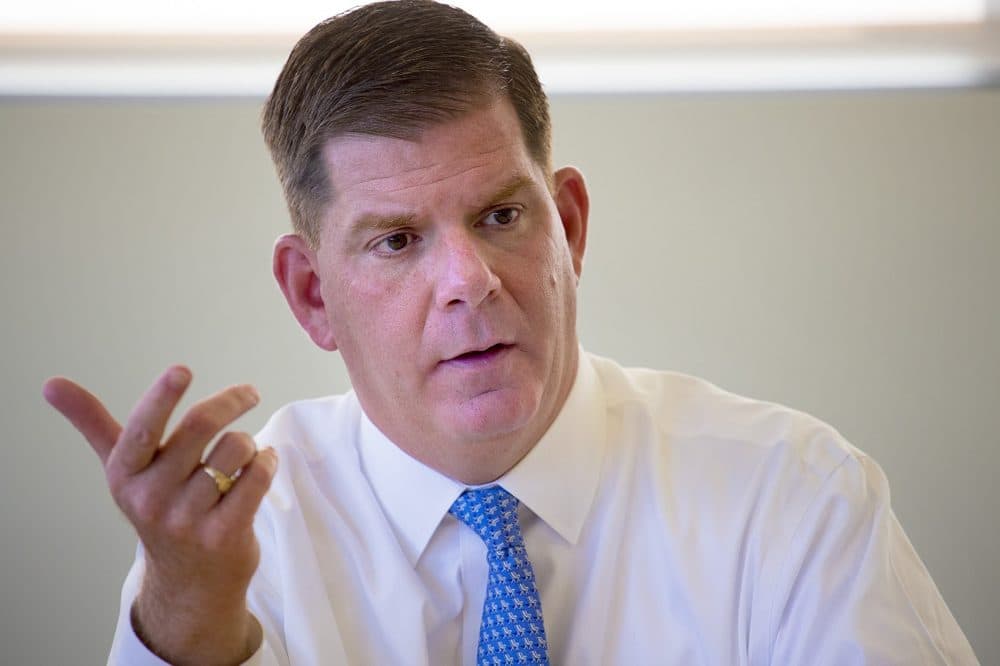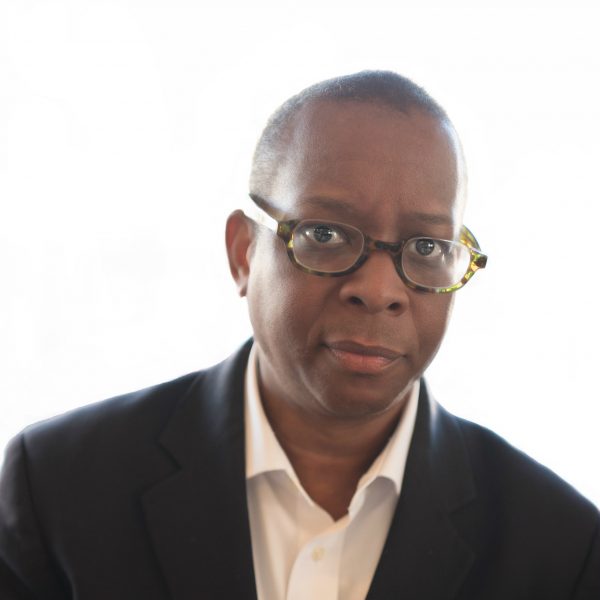Advertisement
Commentary
Get City Hall Out Of Boston's Schools

Mayor Marty Walsh and Tommy Chang, the superintendent of Boston Public Schools, have been facing plenty of scrutiny lately.
Financial lapses at BPS have recently come to light that seem, well, not criminal, but a little negligent. When compared to cities like Chicago, Baltimore or Philadelphia, municipal corruption in Boston is a minor issue.
Sure, Boston has had a scandal or two at City Hall in recent decades. There was the “missing” email scandal surrounding Michael Kineavy, one of Mayor Thomas Menino’s top aides. But that went nowhere. In retrospect, it seemed all to do about nothing.
Then there is the scandal related to Kenneth Brissette, Mayor Walsh’s pick to lead the Boston Office of Tourism, Sports, and Entertainment, who is now under federal indictment for alleged extortion. How goes the phrase? “Innocent until proven guilty.” We should wait and see if anything comes of the claims. That’s only fair.
But BPS is different. An Internal Revenue Service audit found that the city failed to pay Medicare taxes for some of its employees and that some schools were using designated accounts for discretionary spending, which went against stated school policy. Many of the schools couldn’t explain how they spent funds meant for school-related activities.
Walsh seems nonplussed by what some are calling a scandal, though, and has pledged to fix the problem.
“I wouldn’t say angry, but I was concerned about it,” Walsh said, when confronted with the IRS findings.
Walsh also noted a data point that could have been viewed as scapegoating the Menino administration that preceded him: “I found out that this wasn’t a practice happening under Superintendent Tommy Chang’s leadership — this practice goes back under many, many different superintendents in the school department ... I think this literally goes back 20 years,” he said.
Twenty years ago is around the time Mayor Menino’s appointed school committee began its work after the mayor pledged an improved school system by jettisoning the elected member body. But only modest improvements have resulted. The school racial achievement gap remains a huge concern.
Given recent woes at the school department, perhaps an old idea like an elected school committee in Boston is a good idea again?
Advertisement
Since the body came under the direct control of City Hall, it has arguably become a department riddle — a municipal mystery, wrapped in bureaucratic enigma. The average Boston resident knows little about what the appointed school committee does. People are befuddled about how they set policy, hire employees and agree on contracts. Few Bostonians even know who sits on the school committee. Yet, this appointed body approved a taxpayer funded $1 billion budget this school year.
This creates a sweet political opportunity for Walsh that voters would immediately applaud. Now that the mayor has won re-election, he should cast his eyes on public education reform. He should look toward revitalizing schools with lagging capacity, of course. He should look at modernizing curriculum to match the challenges of the ever-changing economy, too.
And Walsh should also consider a move to change the school committee back to an elected body. That’s right. Back to the future.
City Hall should not be hamstrung in setting Boston’s education agenda and policy. City Hall should be relieved of unfettered oversight of teachers, unions and facilities.
An elected school committee could create independence from the burdens of City Hall politics, allowing Superintendent Chang to operate autonomously and beyond day-to-day directives from the mayor’s office.
Sure, the old elected school committee could at times be a political circus. Elected members often used their offices to score points that would help their re-election. Others simply used the office as a political stepping stone.
But that’s politics. An elected school committee creates opportunities for residents to pay closer attention to education-related issues. And this change may make it easier to correct mistakes in BPS’s finances similar to the one we recently experienced.
Editor's note: An earlier version of this piece mischaracterized the city's payment to the IRS. We regret the error.
